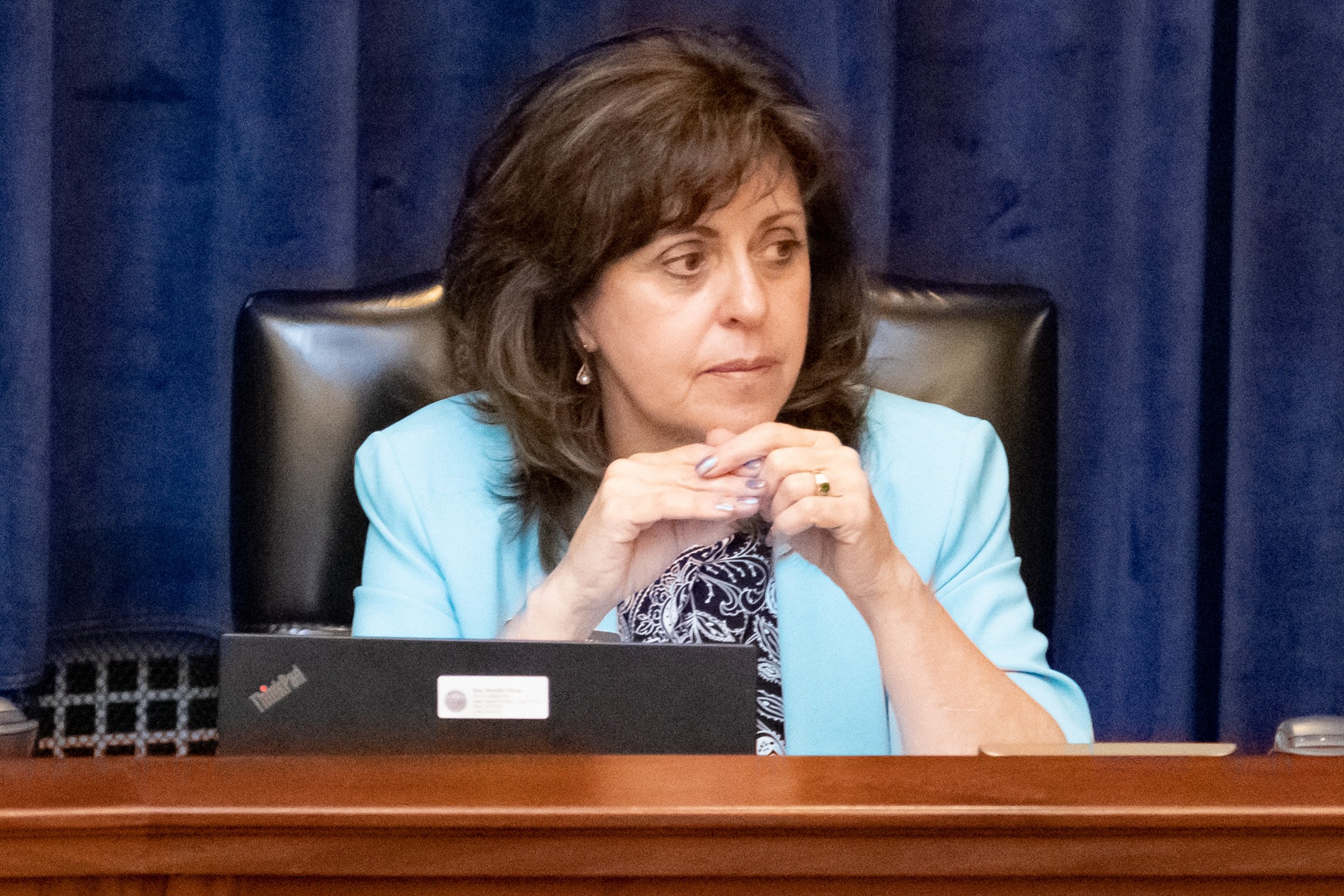All Eyes on Idaho GOP Chairwoman Dorothy Moon as Caucus Looms
As the first Idaho Republican Caucus looms closer, tenured party members scrutinize the far reaching shifts implemented by Idaho GOP Chairwoman Dorothy Moon
With the legislative session in full swing, controversial bills barreling forward and the first Idaho Caucuses set for March 2, all eyes are on Idaho GOP Chairwoman Dorothy Moon. Pivotal conversations about and within the Republican party taking place because of the dramatic changes Moon has implemented during her short tenure at the helm of the Idaho Republican Party. While some of the Chairwoman’s policies have been inconsequential, others like the following are facing criticism from long standing Republican party members.
Censures to Manage Party:
Moon has been trying to navigate internal dynamics within the party. Last year she implemented party censures, decided on and handed down by a small group of precinct committeemen when they deemed a legislator insufficiently in adherence to the party. These censures landed among well-established Republican leaders and were decided behind closed-doors. The effectiveness of this approach will likely be a key point of scrutiny in the upcoming caucuses.
Party Membership Regulations and Exclusivity:
Republicans now have a "purity waiting period" that took aim at shaping the membership of the Idaho GOP membership. Critics have said it has alienated or kept away dependable conservative members and limits the growth of the party among young people.
Controversial Alliances and Public Perception:
Moon's public support for individuals with controversial backgrounds, such as the former legislator convicted of raping a teenage intern, Aaron von Ehlinger, and Ammon Bundy, have generated public discourse. Since Moon has spoken out in support of, and received consistent praise from the Idaho Freedom Foundation, their recent leadership transition in the wake of their revealed work with Dave Reilly, the trending conversations around her controversial alliances come with raised eyebrows.
Canceled Primaries:
Perhaps one of the most significant decisions made under Moon's leadership is the transition from a GOP primary to a caucus system. With the caucuses drawing closer (March 2), Idahoans will evaluate the impact of this shift on voter participation and engagement, particularly among groups such as caregivers, blue-collar employees, deployed military personnel, and busy parents.
Electoral College Appointments and Party Autonomy:
Moon has asserted her influence to single handedly appoint electors to the Electoral College, adding a layer of intrigue to the upcoming caucuses. As Idahoans assess the implications of this decision, questions around party autonomy and representation in national elections will likely be at the forefront of discussions.
Balancing Party Principles and Financial Support:
Moon's leadership has seen the party grapple with political extremism and allegations of elitism. The upcoming caucuses provide an opportunity to gauge whether the party has successfully balanced its principles with the need for financial support, and how this balance is perceived by voters. When compared to criticism Moon has received for the support she receives from special interest groups and out-of-state dark money, it appears the struggle for balance is a challenge for the Chairwoman.
The internal strife witnessed under Moon's leadership has posed challenges to party unity. As Idahoans experience their first taste of a new voting system and Caucuses and navigate the legislative session, assessing the outcomes of Dorothy Moon's leadership becomes paramount. Idahoans will undoubtedly scrutinize these results as they make decisions about the future direction of the Idaho GOP. The caucuses on March 2 will serve as a litmus test, reflecting the collective sentiment of Idaho Republicans and shaping the narrative for the party moving forward.

